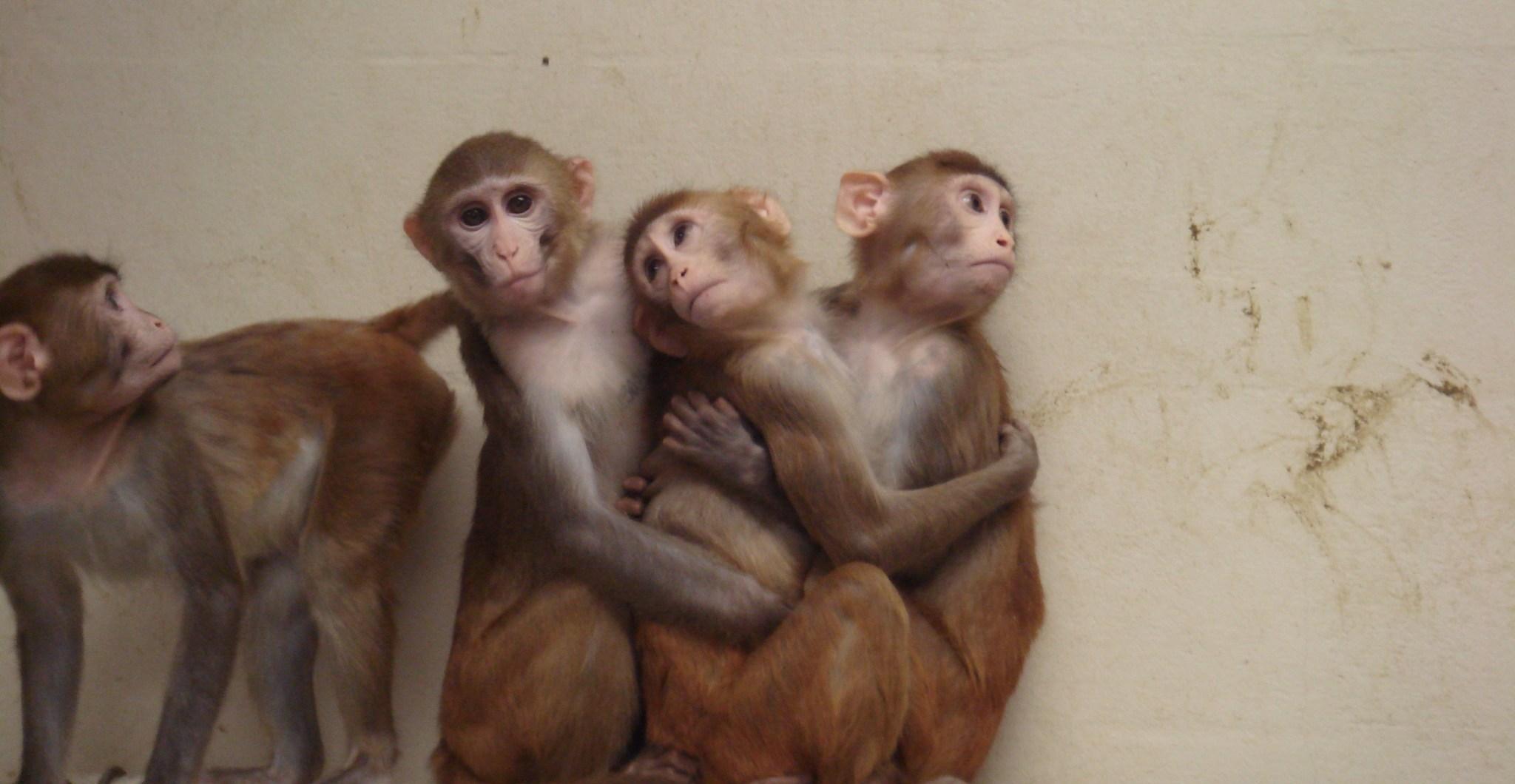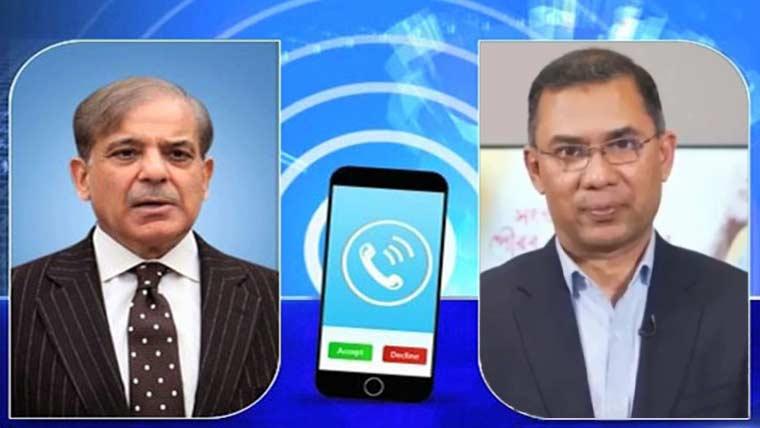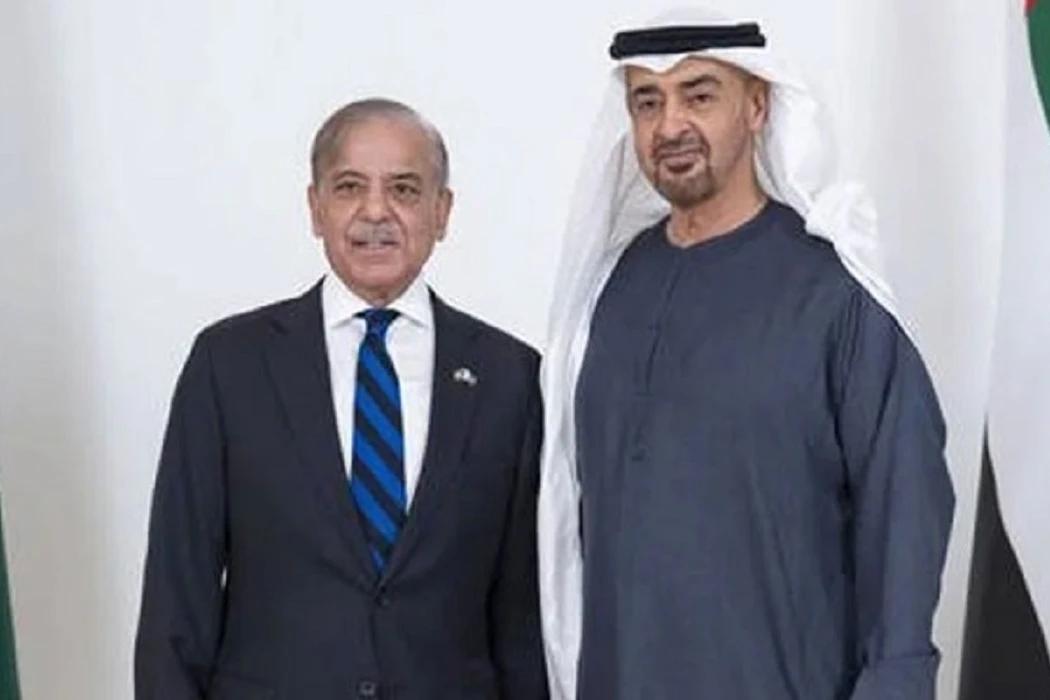UN experts urged India to protect economic, social and cultural rights of Jammu and Kashmir people
UN human rights experts have shown concern over India’s decision to end Jammu and Kashmir’s autonomy and enact new laws.

In a statement, the experts showed grave apprehensions and feared that the current situation could curtail the previous level of political participation of Muslim and other minorities in the country, as well as potentially discriminate against them in important matters including employment and land ownership.
“The loss of autonomy and the imposition of direct rule by the Government in New Delhi suggests the people of Jammu and Kashmir no longer have their own government and have lost power to legislate or amend laws in the region to ensure the protection of their rights as minorities,” said Fernand de Varennes, Special Rapporteur on minority issues and Ahmed Shaheed, Special Rapporteur on freedom of religion or belief.
UN experts are concerned that #India’s decision to end #JammuKashmir’s autonomy and enact new laws could curtail previous level of political participation of Muslim & other minorities, as well as potentially discriminate against them in important matters: https://t.co/VnHoNwhXFL pic.twitter.com/gD81dtsaN8
— UN Special Procedures (@UN_SPExperts) February 18, 2021
“The number of successful applicants for domicile certificates that appear to be from outside Jammu and Kashmir raises concerns that demographic change on a linguistic, religious and ethnic basis is already underway,” said the experts.
The new legislation overrides previous laws which granted the Kashmiri Muslim, Dogri, Gojri, Pahari, Sikh, Ladhaki and other established minorities rights to buy property, own land, and access certain state jobs.
“These legislative changes may have the potential to pave the way for people from outside the former state of Jammu and Kashmir to settle in the region, alter the demographics of the region and undermine the minorities’ ability to exercise effectively their human rights,” the experts said.
Experts urged India to ensure that the economic, social and cultural rights of the people of Jammu and Kashmir are protected, and that they are able to express their political opinions and participate meaningfully in matters affecting them.
The state of Jammu and Kashmir was established with specific autonomy guarantees to respect the ethnic, linguistic and religious identities of its people. It was also the only state in India with a Muslim majority.
On 5 August 2019, the Government unilaterally and without consultation revoked the constitutional special status of Jammu and Kashmir, and in May 2020, passed the so-called Domicile Rules which removed protections given to those from the territory. Subsequent changes to land laws are further eroding these protections.

Field Marshal Syed Asim Munir meets global leaders during Germany visit
- 9 hours ago

SSWMB earns national recognition for clean Sindh initiative
- 7 hours ago

PM Shehbaz leaves for Vienna, Austria on two-day official visit
- 10 hours ago

High voltage clash: India defeat pakistan by 61 Runs, qualify for Super Eight
- 2 hours ago

T20World Cup high voltage clash: India set 176 run target for Pakistan to win
- 6 hours ago
Imran Khan, both sons talk over phone after prolonged hiatus
- a day ago
Tucker stars as Ireland crush Oman by 96 runs at T20 World Cup
- a day ago
First National Chief of Army Staff Wrestling Championship 2026 concludes in Sialkot
- a day ago

DG ISPR visits various educational institutions of Lahore
- 10 hours ago

YouTube is coming to the Apple Vision Pro
- 20 hours ago

Could lab monkeys soon become a thing of the past?
- 18 hours ago
PM Shehbaz unveils Rs38b Ramazan Relief Package
- a day ago








